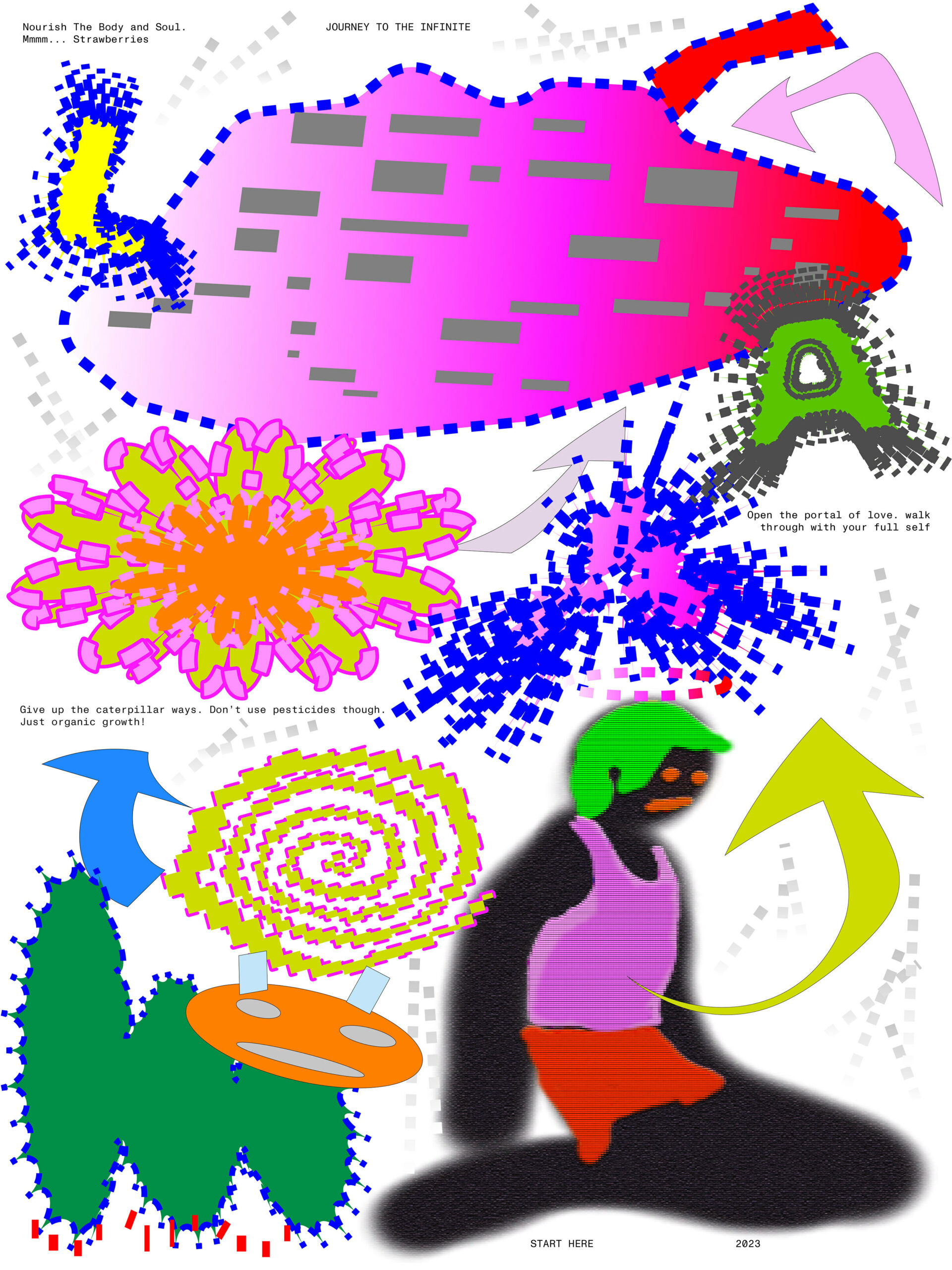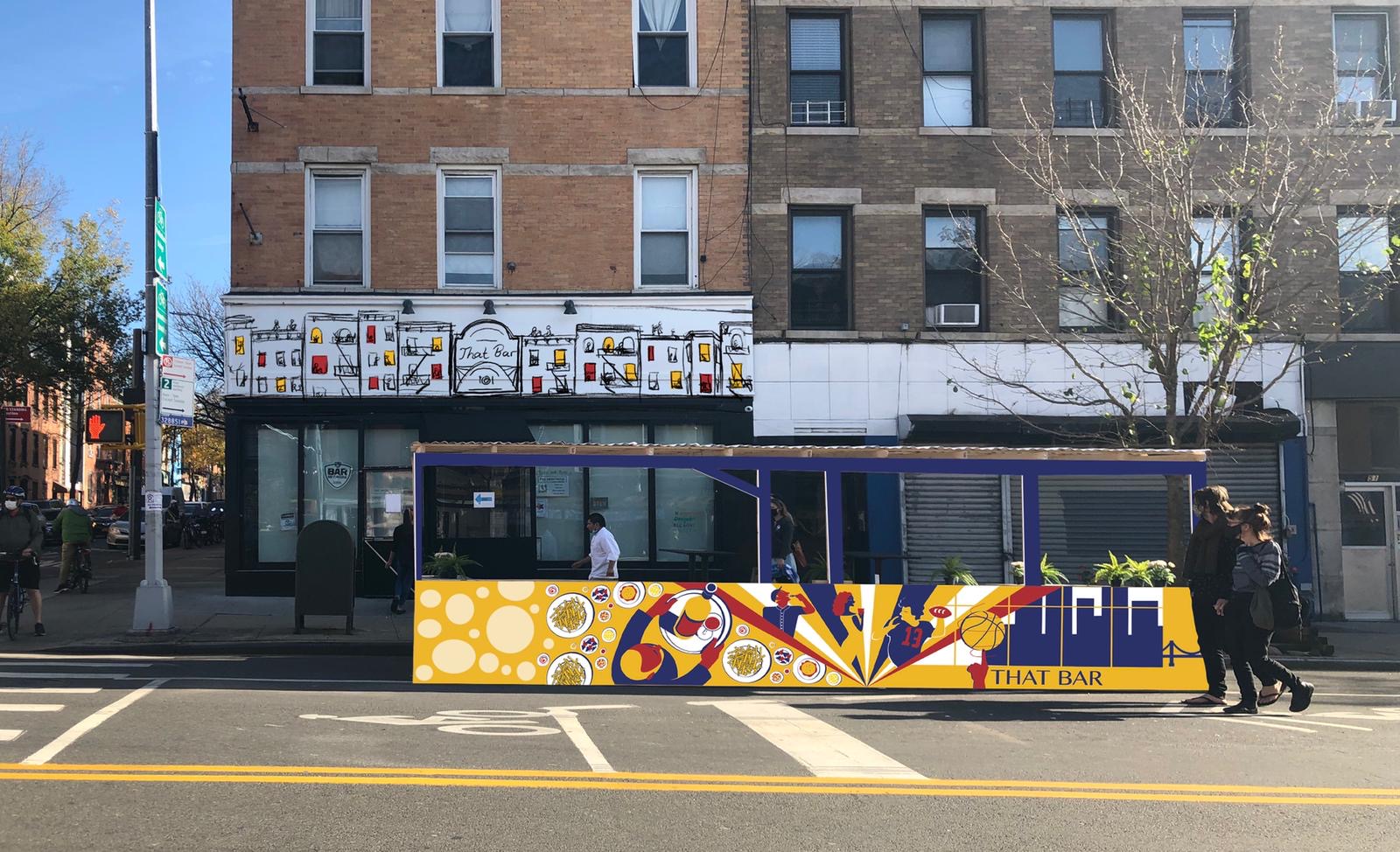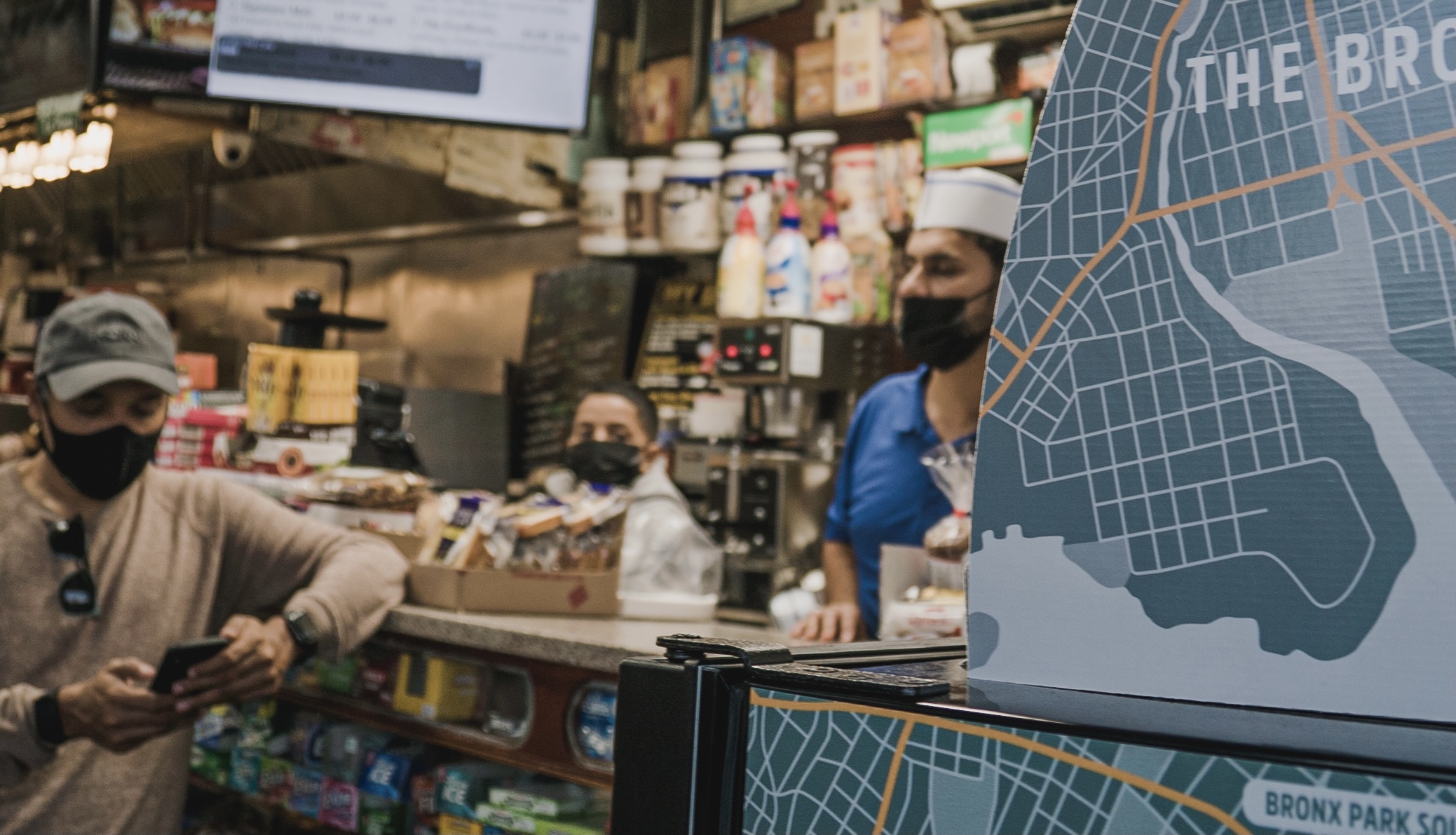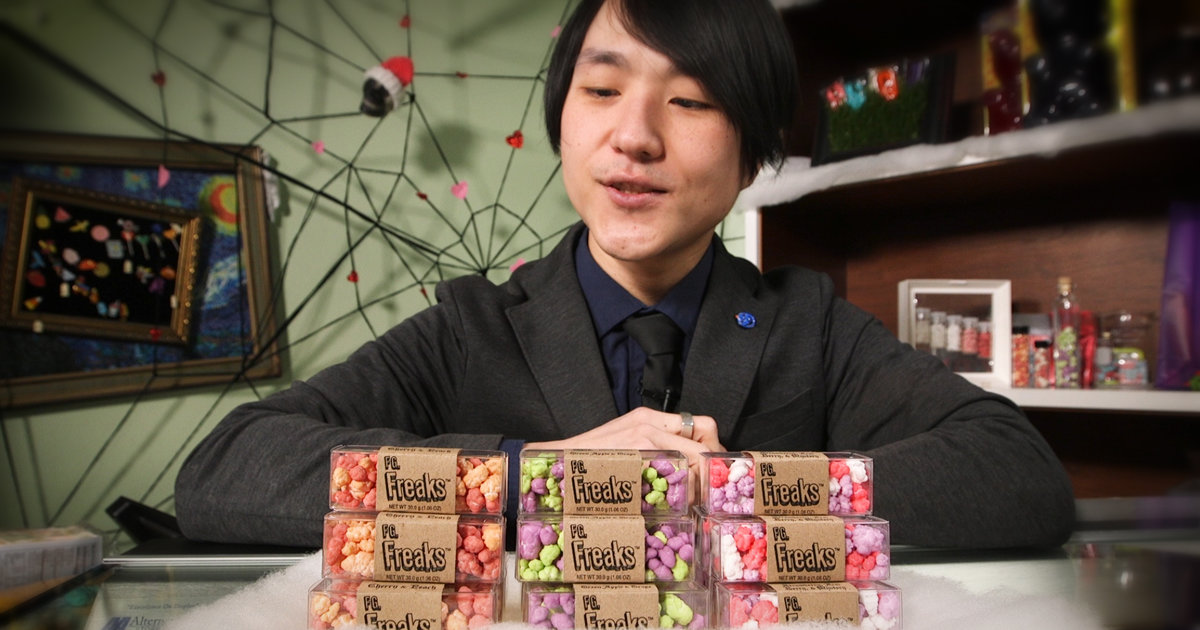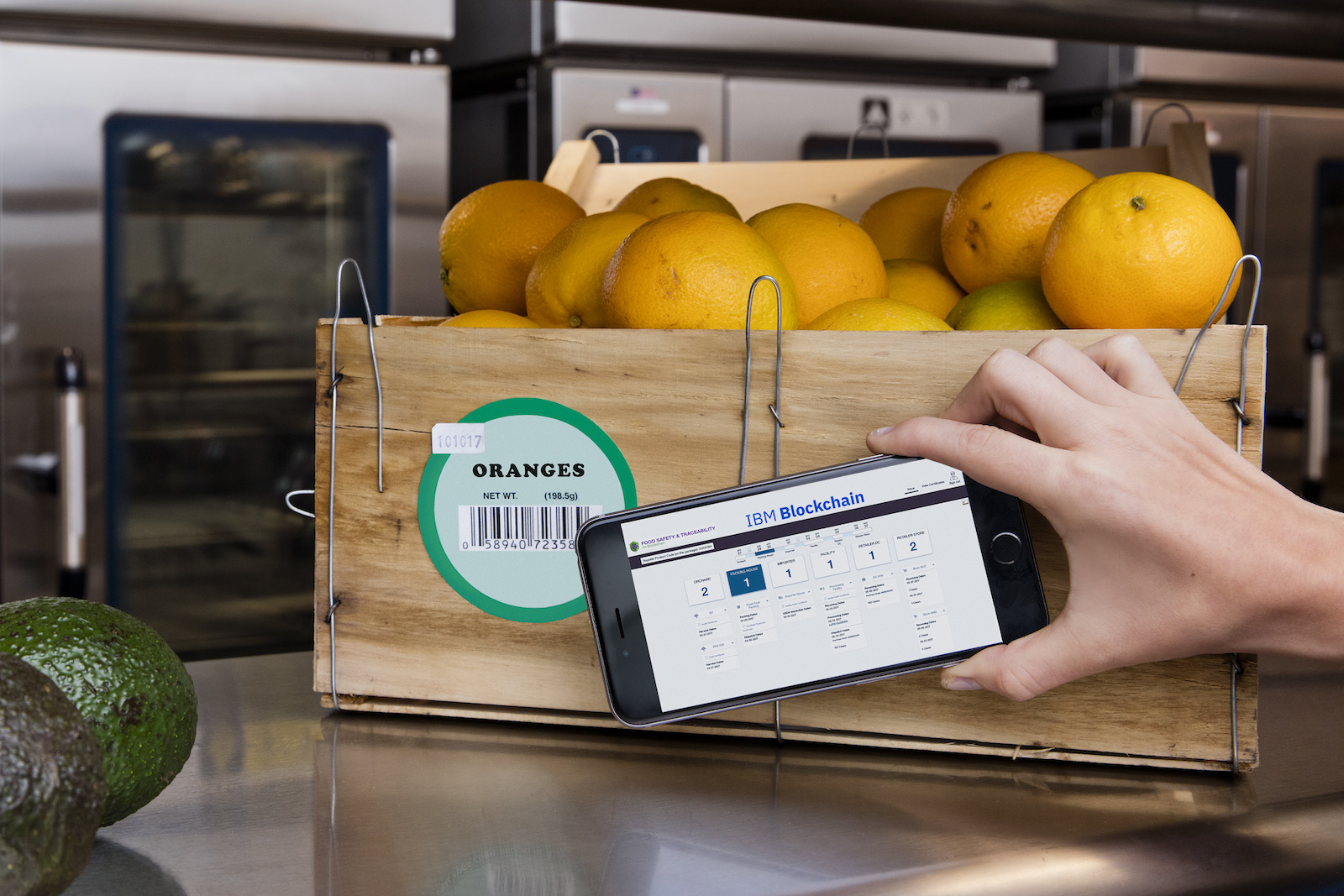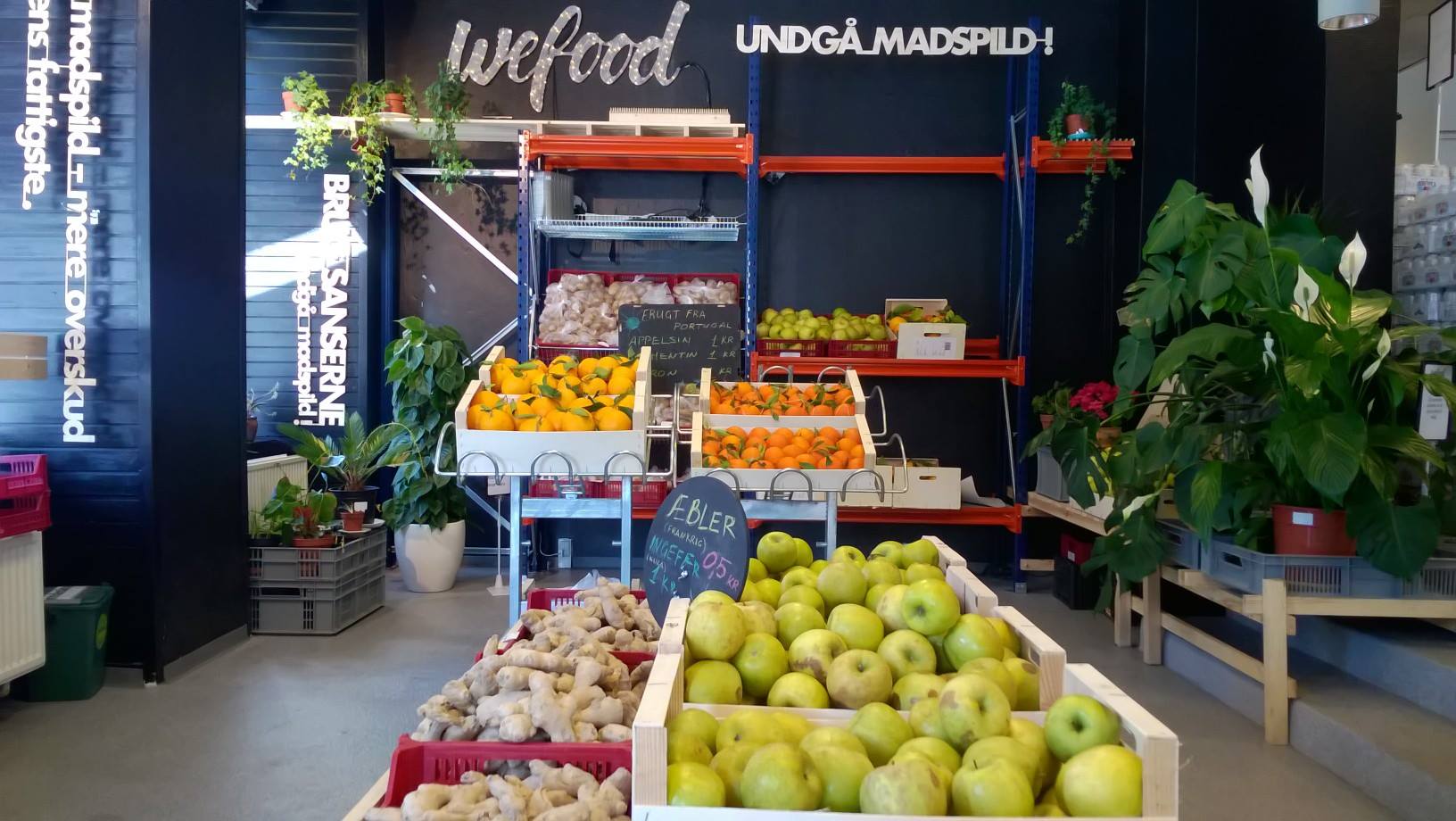Although nutritional research over the past decade has promoted the consumption of fresh produce as a necessary part of a healthy diet, beyond the world of Whole Foods and farmers markets lies a harsher truth: fresh fruits and vegetables aren’t accessible to everyone, and research recently published by the Journal of the American Dietetic Association reveals that low income Americans would have to spend about 70% of their food budgets on produce in order to meet national guidelines for a healthy diet.
This problem isn’t restricted to the United States, and it’s particularly pressing in urban areas across the world. Limited access to fruits and vegetables in cities raises the price of produce, preventing those living in poverty from purchasing important groceries. In Mexico City—one of the five largest urban areas in the world with a cost of living that is increasing along with the population—the Mercado de Trueque is employing a unique solution to this issue, merging recycling incentives with a fresh food program.
Created by Mexico City’s Ministry of the Environment (Secretaría del medio ambiente), Mercado de Trueque invites consumers to bring recyclable materials to the market, where they can be exchanged for “green points.” These points then act as a currency at the market, where individuals can use them to purchase fruits, vegetables, and other artisanal items. Products sold are locally sourced, which the city’s government hopes will not only allow more people access to fresher produce, but will also stimulate the local economy, helping small farmers and vendors.
Mercado de Trueque doesn’t just help people recycle on site, it also seeks to educate Mexico City’s residents about what materials can be recycled or reused, showing them which items can be saved at home instead of being thrown away. Participants are taught how to prepare items for recycling, with the market providing simple instructions both online and in person on how to separate and clean goods that are intended for recycling. The market accepts more than just the most commonly recycled materials, like plastic, cardboard, and glass; individuals are also encouraged to bring defunct electronic devices, or used cooking oil.
This collaborative system, sponsored by local government and connecting consumers with healthy food, educational recycling programs, and small vendors, provides an innovative model for solutions to limited produce access and an absence of incentives for recycling.



